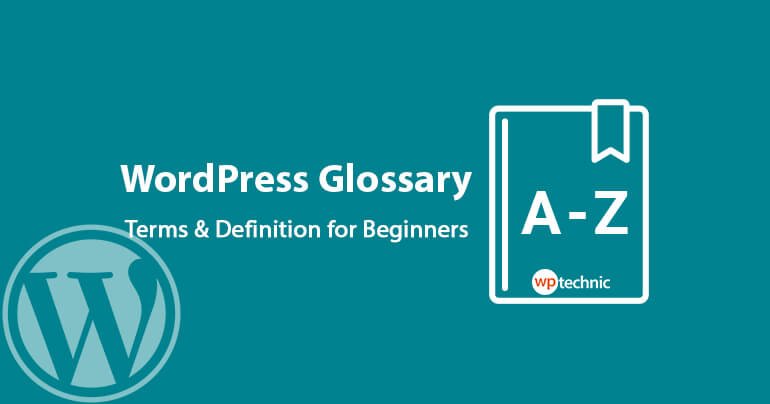WordPress is a free, open-source content management system (CMS) that powers millions of websites around the world. It was first released in 2003 as a simple blogging platform, but over the years it has evolved into a versatile and flexible tool for creating all types of websites, from simple blogs to complex eCommerce sites.
WordPress is based on PHP and uses a MySQL database to store content. The software is free to use, modify and redistribute under the terms of the GNU General Public License. This means that users can customize, extend and contribute to the WordPress codebase, making it a truly open-source project.
WordPress allows users to create and manage different types of content, such as blog posts, pages, and custom post types, and to customize the appearance and functionality of their site using themes and plugins. It also offers a user-friendly dashboard interface for managing the site’s content and settings.
WordPress is highly customizable and scalable, making it suitable for a wide range of websites, from personal blogs to large e-commerce sites. It also has a large and active community of developers and users who contribute to its development and offer support and resources to users.
WordPress is designed to be flexible, user-friendly, and customizable, making it accessible to users of all levels of technical expertise. The platform is built on a modular architecture, which means that users can add functionality to their websites by using themes and plugins, which are essentially software add-ons that can be installed and activated with just a few clicks.

